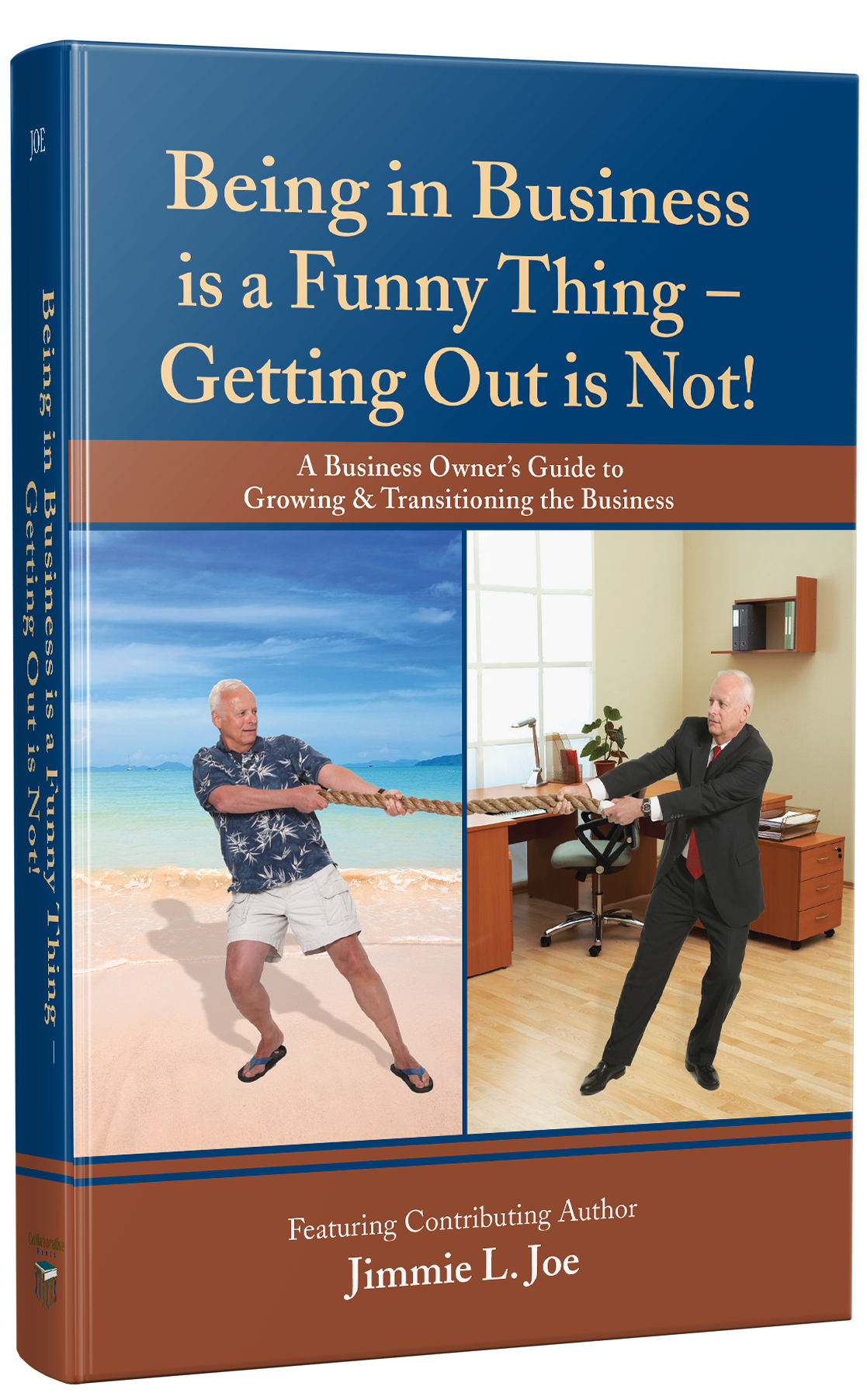The Living Trust
A trust is merely a contract between you and the trustee (usually yourself) to transfer title to your assets from yourself to yourself acting as trustee of your trust. For a married couple, the combined assets can be transferred from the couple to themselves acting as co-trustees of their family trust. Some of the different types of living trusts include the revocable living trust, the irrevocable living trust, the family trust, the charitable remainder trust, and the life insurance trust. Among these, the revocable living trust is usually the most popular and important estate planning tools available.
As the trustee of a revocable living trust, you are able to manage the assets of the trust to benefit you as the beneficiary. You maintain complete control over the assets during your lifetime. At death, the trust will name a successor trustee to take over the management of your assets for the benefit of the beneficiaries named by you. A revocable living trust allows your assets to avoid probate since title to the assets is no longer in your name, but is now in the name of the trust. When you pass away, the successor trustee is able to transfer the assets to the individuals that you name without involving the court or incurring substantial attorney’s fees or costs.
The revocable living trust is an effective way of allowing a married couple to avoid estate taxes by taking advantage of the maximum allowable estate tax exemption. The fact is, even with the passage of the Tax Relief Act of 2001 (See News/Updates Section), estate taxes start at 41% and increase to a maximum rate of 50% in 2002. Estate taxes must be paid within 9 months from the date of death and they must be paid in cash! The failure to properly plan for wealth preservation could potentially result in the sale and liquidation of valuable family assets in order to raise cash needed to pay estate taxes. For a married couple, both spouses can take advantage of both estate tax exemptions to protect $2,000,000 in assets from estate taxes in 2002 with a revocable living trust. Without a revocable living trust, the couple would likely lose one spouse’s exemption so that upon the death of the surviving spouse, estate taxes could become due. Depending on the size of the estate, the loss of a spouse’s $1,000,000 exemption could cost the couple up to $500,000 in estate tax savings in 2002 ($1,000,000 X 50% estate tax rate). The revocable living trust for a married couple is commonly referred to as the AB Trust due to its characteristic of dividing into two separate trusts at death (Trust A and Trust B) to take advantage of both spouse’s lifetime exemptions ($1,000,000 allocated to each trust). Additionally, an AB Trust avoids the cost of probate, resulting in additional savings and expediency in distribution.
For couples that already have an AB Trust, a review of the provisions related to the funding of the credit shelter trust is recommended to ascertain that the exemption is flexible and does not state a fixed dollar amount (e.g., $1 million). Instead, the provision should apply a formula or state that the trust is to be funded with an “amount that is exempt from estate taxes at the time of the grantor’s death.” Such a provision would take into consideration the present uncertainty resulting from the Tax Relief Act’s so called abolishment of the estate tax. An AB Trust also avoids probate, prevents court intervention of conservatorship proceedings in the event of incapacity, allows for privacy of financial affairs and decisions and provides more control over the distribution of assets after death.









